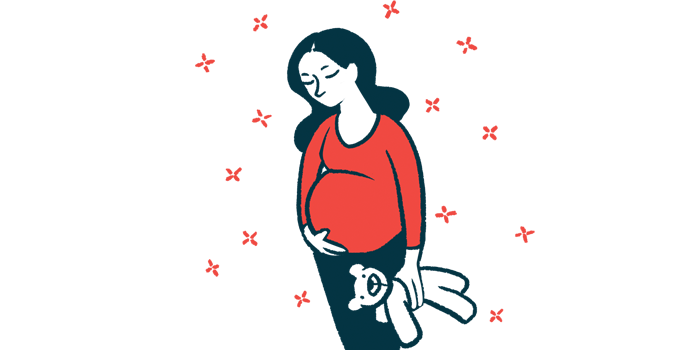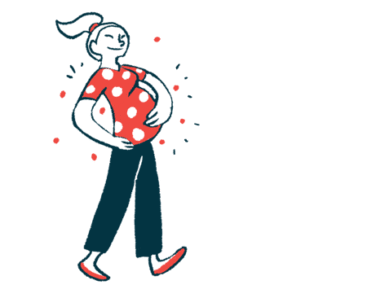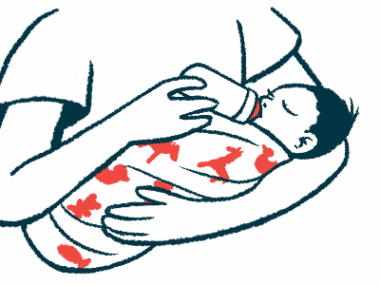Recurrent ICP linked to condition’s severity in 1st pregnancy
Nearly 1 in 3 with ICP will develop it again, study finds
Written by |

Nearly one in three patients diagnosed with intrahepatic cholestasis of pregnancy (ICP) during a first pregnancy will develop the condition again in a subsequent pregnancy, according to a study in Israel.
The risk of recurrence was significantly higher among those who had more severe disease, as indicated by elevated blood levels of bile acids (the main component of bile), compared with those who did not experience recurrence.
Higher bile acid levels during the first pregnancy were the only independent predictor of recurrence in later pregnancies.
“The current study findings further underscore the importance of [blood bile acid] measurement not only to confirm the diagnosis of ICP, but also to predict the risk of recurrence,” the researchers wrote.
The study, “Recurrent intrahepatic cholestasis of pregnancy incidence and risk factors: A retrospective cohort study,” was published in the journal Pregnancy.
Risk of recurrence
ICP is a form of cholestasis, or slowed flow of the digestive fluid bile from the liver to the intestines, that arises during pregnancy. As a result, bile acids build up to toxic levels in the mother’s bloodstream, leading to cholestasis symptoms, such as intense itching.
While ICP typically resolves shortly after childbirth, it can pose serious risks for both mother and baby. Higher bile acid levels in the mother’s blood, reflecting more severe ICP, are associated with higher chances of fetal adverse outcomes, including preterm birth (before 37 weeks of gestation) and stillbirth.
“Patients with a history of ICP in prior gestation are at risk for recurrence, however, the degree of risk is largely unknown,” and “there is limited information on the predictors of recurrence in subsequent gestation,” the researchers wrote.
The team retrospectively analyzed data from 640 pregnant people who underwent bile acid testing due to new-onset itching at an Israeli hospital from 2007 to 2023.
A total of 142 patients (22.2%) were diagnosed with ICP, defined as blood bile acid levels higher than 10 micromoles per liter (mcmol/L) after 12 to 14 hours without eating.
More than a third (35.9%) of those diagnosed with ICP had at least one more pregnancy during the study period, with an average time between pregnancies of three years. Among these patients, ICP recurred in 15 cases, resulting in a recurrence rate of 29.4%.
Timing of bile acid measurement was similar between the first and subsequent pregnancy (median gestational age of 33 weeks and 34 weeks, respectively), and between the nonrecurrent and recurrent ICP groups (34 weeks of gestation for both).
There were no significant differences in terms of other maternal and obstetric features between those experiencing recurrent ICP and those who did not.
The exception was blood bile acid levels, with ICP recurrence strongly linked to the severity of the initial ICP episode. Those who experienced recurrence had significantly higher median blood bile acid levels during their first pregnancy than those who did not (30 mcmol/L vs. 16.7 mcmol/L).
The risk of recurrence was particularly higher among patients with bile acid levels exceeding 40 mcmol/L in the first pregnancy, with 58.3% of them developing ICP again, compared with 20.5% of those with levels between 10 and 40 mcmol/L.
Statistical analyses adjusted for potential influencing factors showed that a blood bile acid level above 40 mcmol/L during the first ICP-affected pregnancy was the only independent predictor of ICP recurrence, being associated with a seven times higher risk.
“The current study findings may have important clinical implications and should be implemented in patient counseling,” the researchers wrote.
Future studies following patients over time “are warranted to confirm our findings and better delineate the predictive factors of recurrent ICP,” they concluded.



